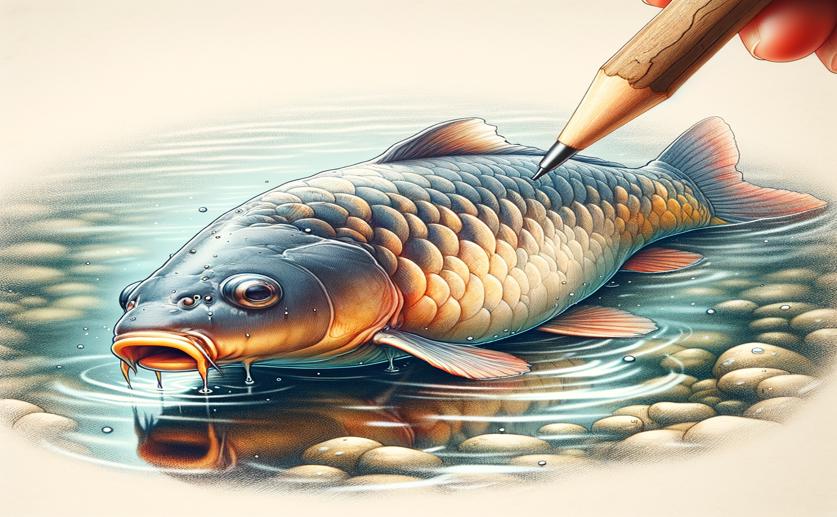
MSG's Harmful Effects on Carp Organ Health
Jim Crocker
30th April, 2024

Image Source: Natural Science News, 2024
Key Findings
- Study in India found MSG in water harms freshwater fish, affecting their organs
- Fish exposed to MSG showed tissue changes in gills, liver, and kidney
- These changes suggest MSG pollution could impact fish health and ecosystems
References
Main Study
1) Histopathological alterations in the vital organs of Indian major carp Labeo rohita exposed to monosodium glutamate (MSG)
Published 29th April, 2024
https://doi.org/10.1186/s41936-024-00363-z
Related Studies
2) Roles of Moringa oleifera Leaf Extract in Improving the Impact of High Dietary Intake of Monosodium Glutamate-Induced Liver Toxicity, Oxidative Stress, Genotoxicity, DNA Damage, and PCNA Alterations in Male Rats.
3) Patho-physiological and toxicological aspects of monosodium glutamate.
4) Metabolic fate and function of dietary glutamate in the gut.



 1st April, 2024 | Jenn Hoskins
1st April, 2024 | Jenn Hoskins